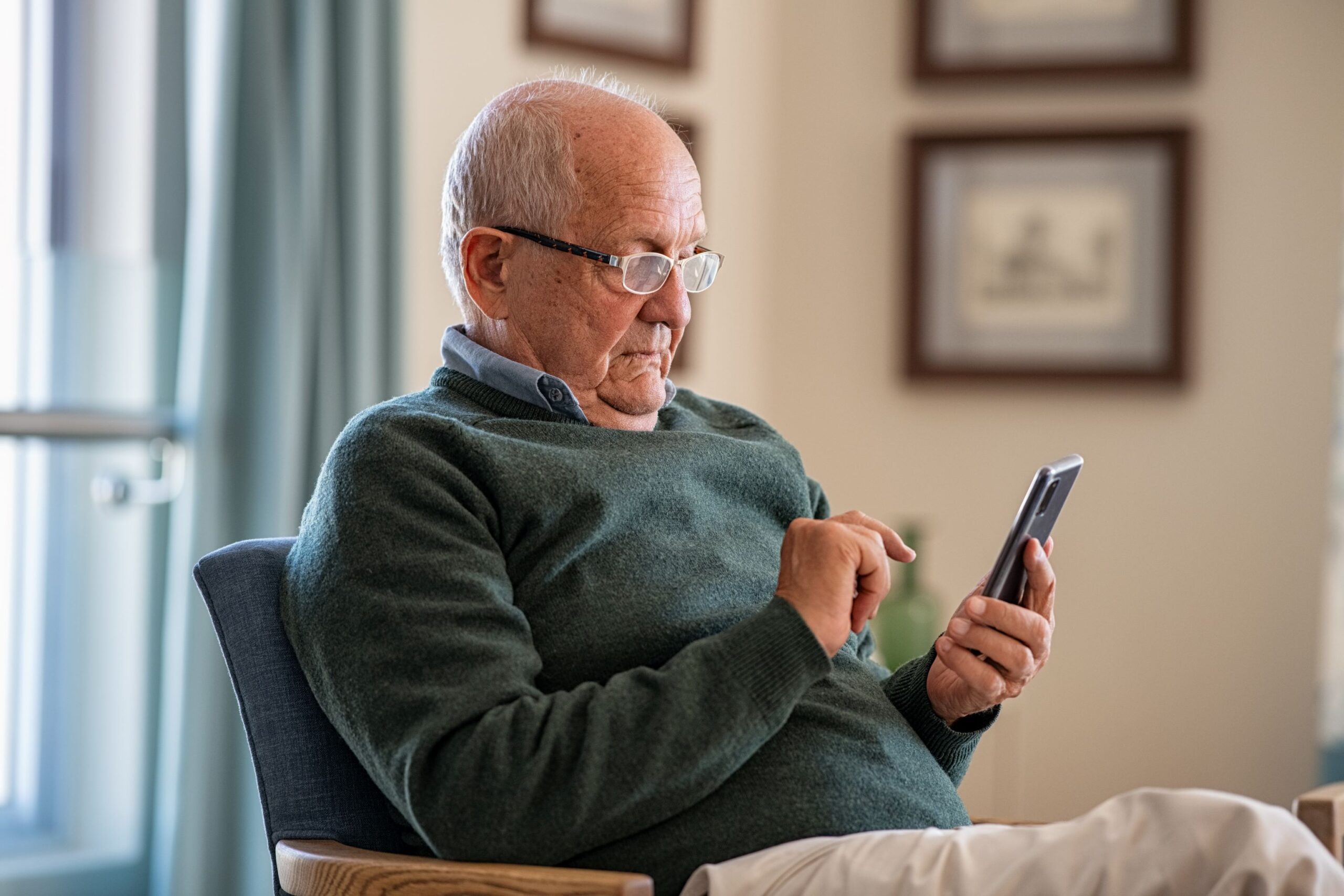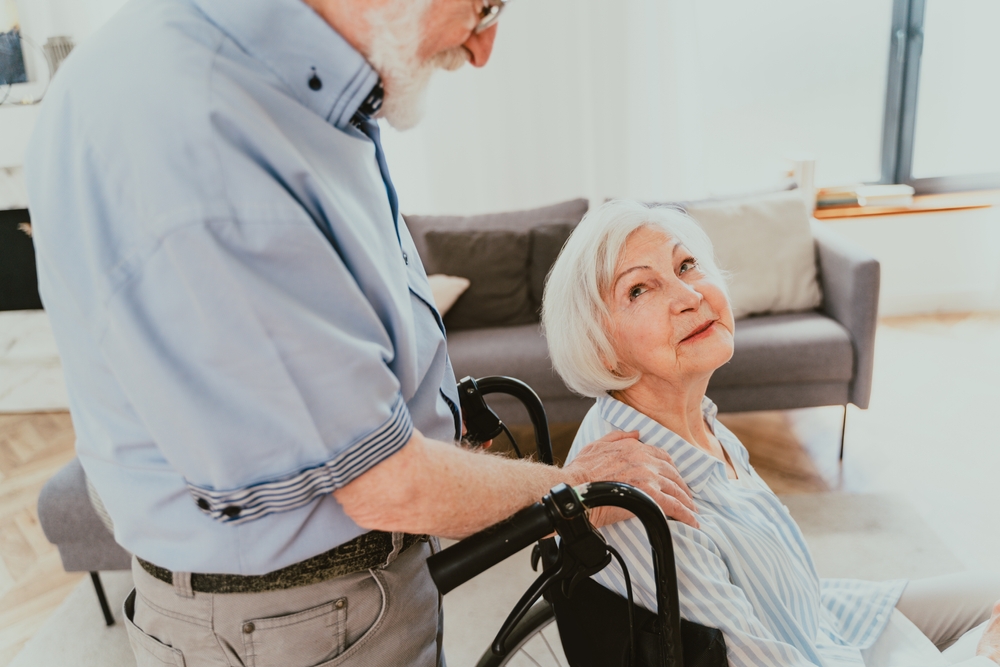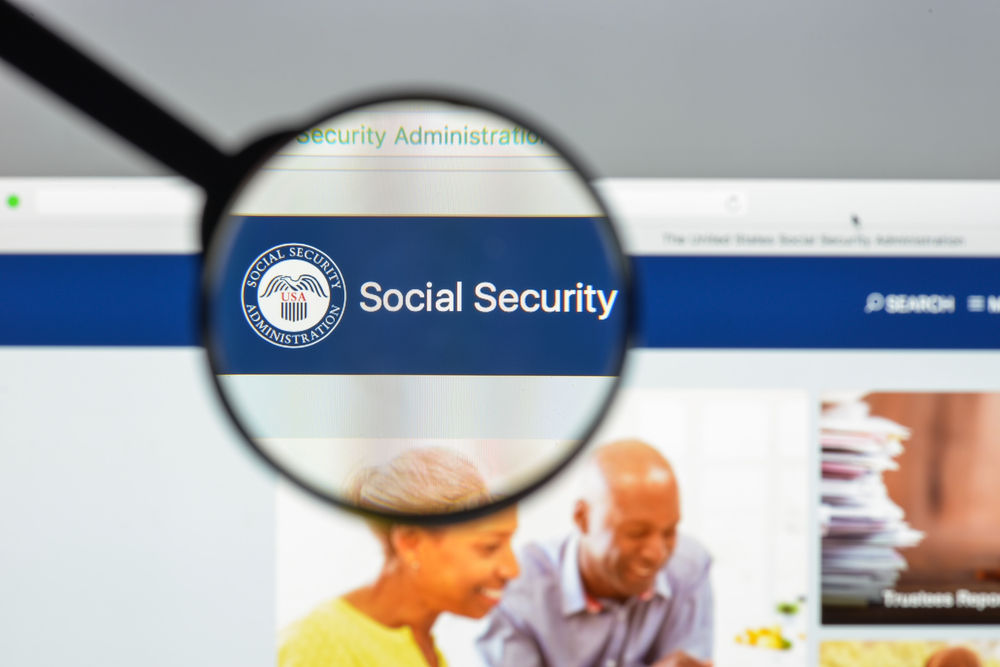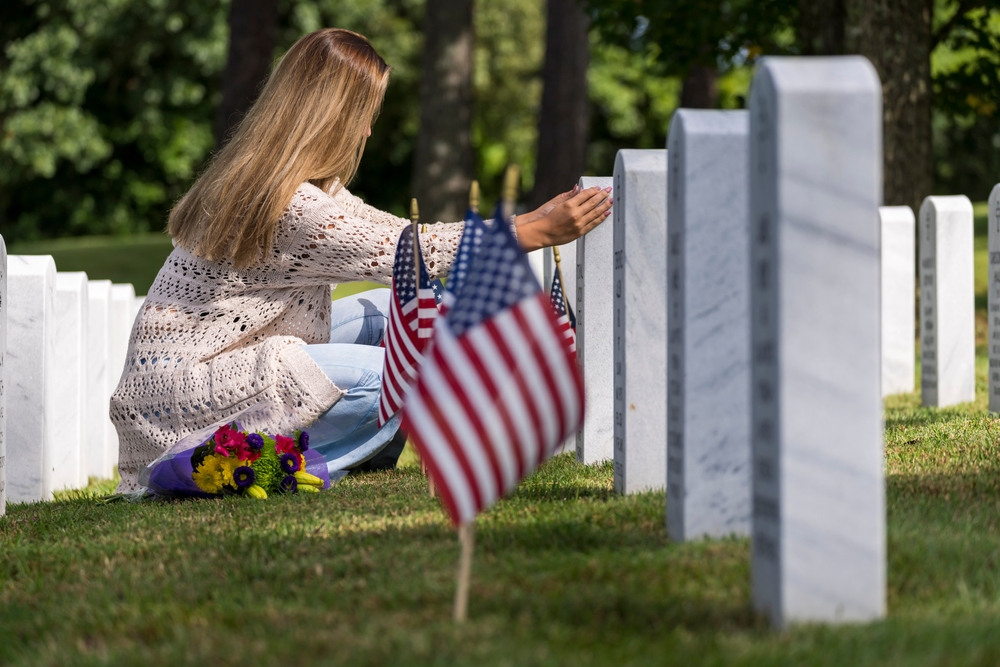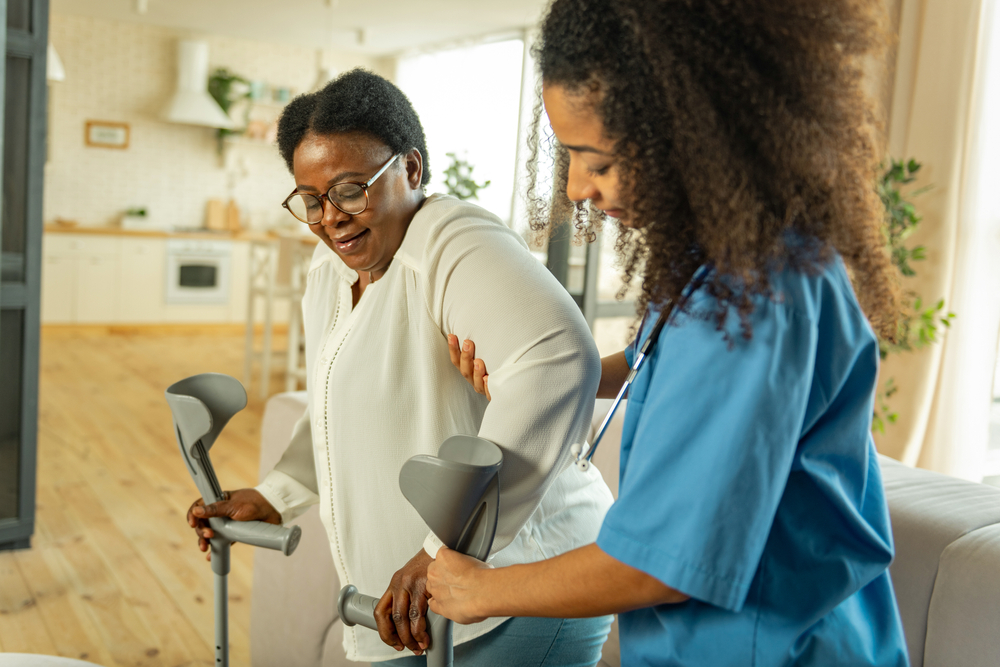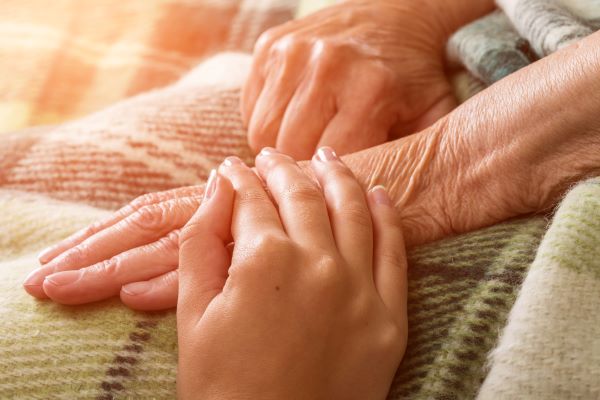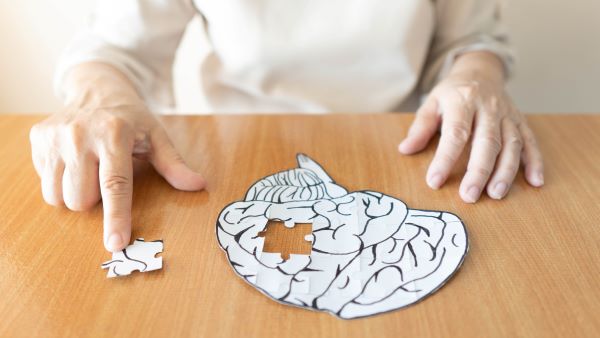Medicaid Spend Down: Pay for More Than Just Medical Bills
To qualify for Medicaid, you must have limited income and assets (in most states, no more than $2,000 in your name). If you have more than that, you may find yourself having to “spend down” your extra assets to meet the $2,000 limit.

